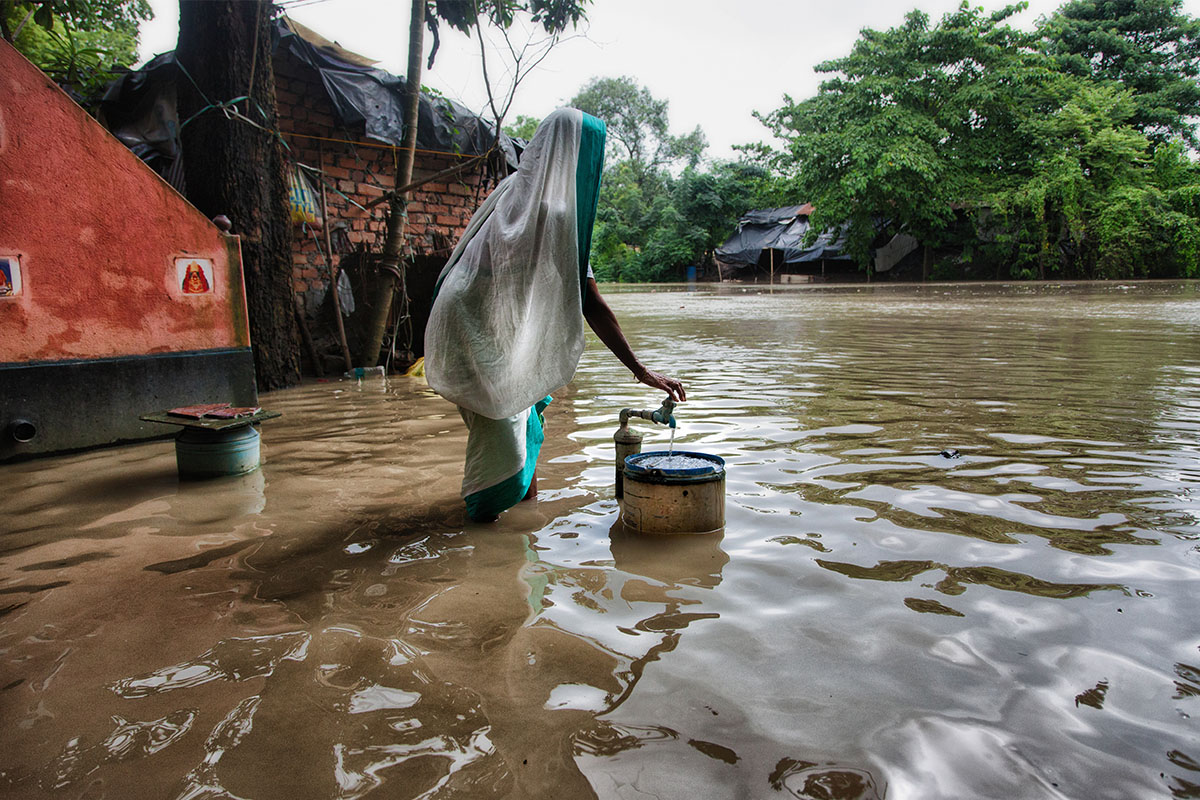A team of scientists at the University of Texas at Austin have been hard at work developing a “multifunctional hydrogel,” which aims to solve the planet’s potability crisis. According to researcher Guihua Yu, the tablet can “make a big difference in mitigating global water scarcity.”
Seen here, the prototype is reportedly “easy to use, highly efficient, and potentially scalable up to mass production.”
How does it work? The hydrogel tablet can purify a liter of contaminated water in less than an hour. When mixed with surface water, the hydrogel generates hydroge peroxide, which eliminates bacteria — like E. coli — at a success rate of 99.999%.
Interestingly, one of the project’s researchers stumbled into hydrogels by accident, while trying to figure out a way to optimize “solar distillation,” a method of neutralizing water’s contaminants with the help of sunlight. Solar distillation can be an effective process (when the sun’s out at least), but often leaves unwanted byproducts on equipment.
The hydrogels were discovered along the way, and could prove a potent solution to other less-than-perfect potability endeavors, like old-school boiling (which requires energy) or now-ubiquitous iodine “camping” tablets (which scientific experts remain unconvinced on).
Access to drinking water is a global issue that’s been at our doorstep for a long time now — one in three people (2.2 billion) don’t have the luxury of just turning on a tap whenever they like. The problem will likely get worse as the planet continues to warm, the world’s population expands and refugee crises compound communities in resource-strapped regions.
For making sure these people have the water access they deserve, a quick, safe, no-residue solution like a hydrogel tablet would be an absolute game-changer. Fortunately, the UT Austin authors are already “in the process of commercializing several prototypes.” They’ve pointed out, too, that the materials to make the hydrogel are cheap and easily malleable, to fit any shape. Keep an eye on this space for a huge (and for once, happy) news in the near future.
Thanks for reading InsideHook. Sign up for our daily newsletter and be in the know.


















